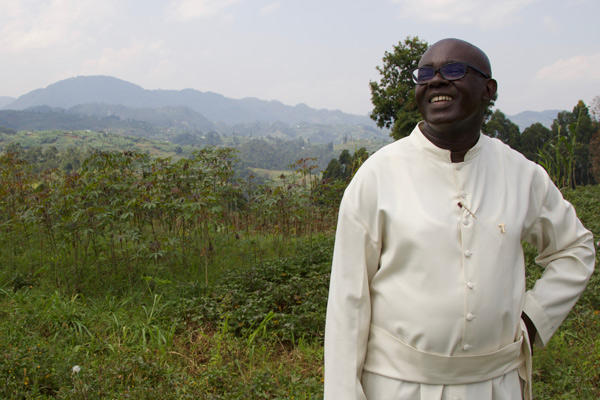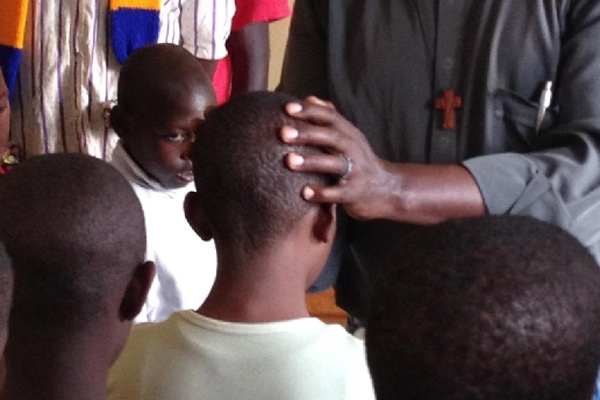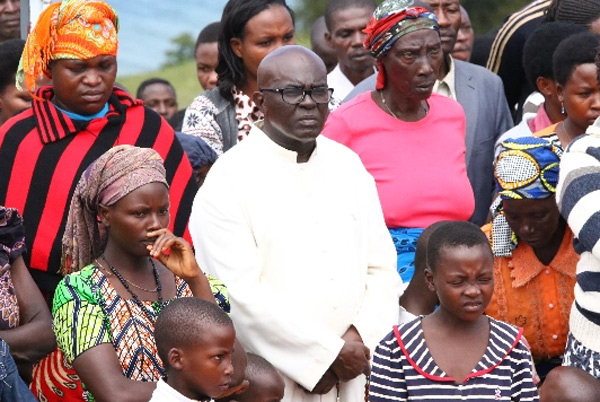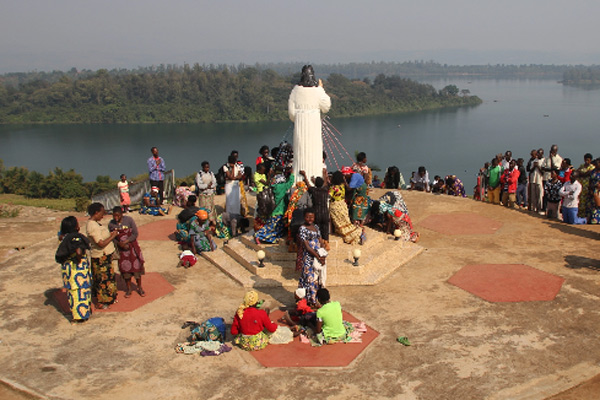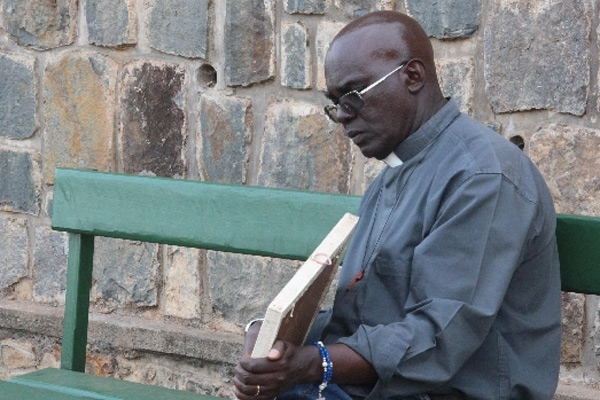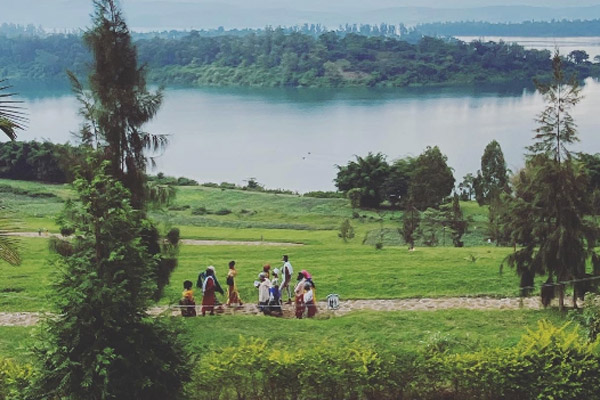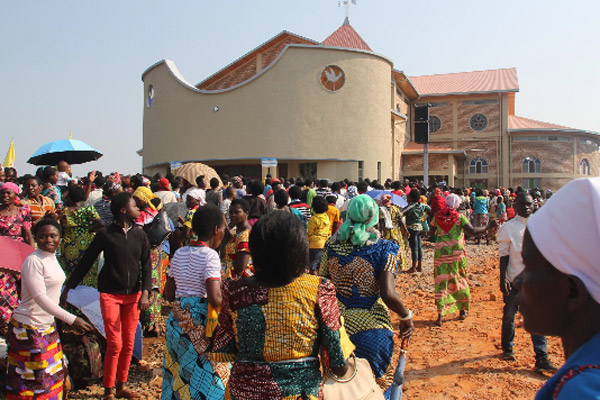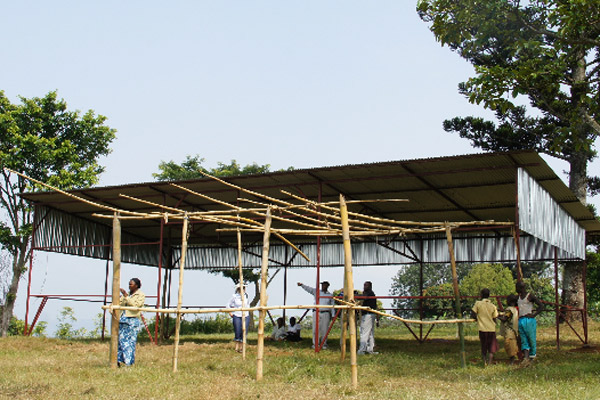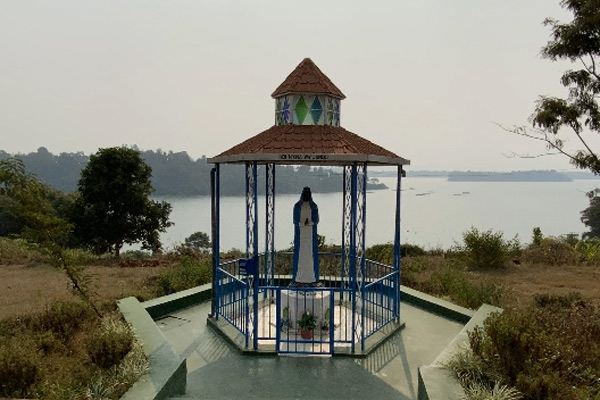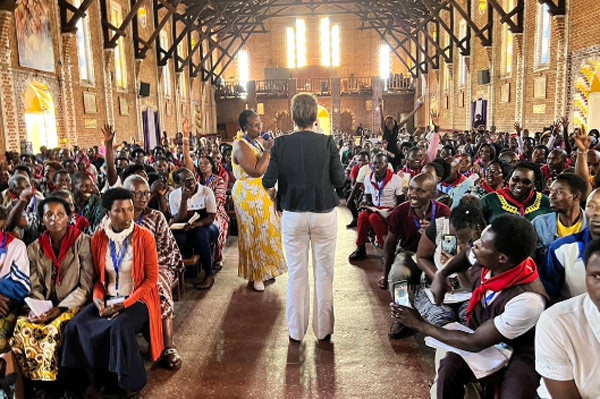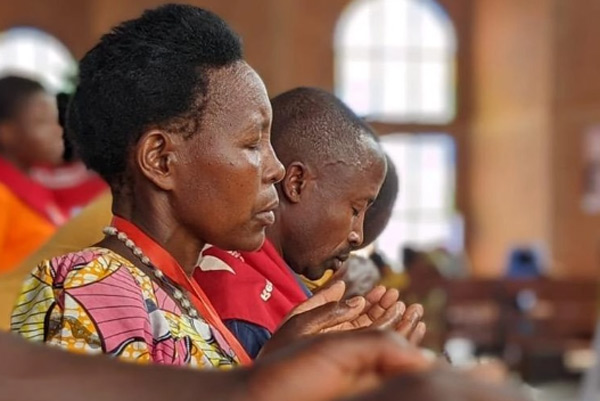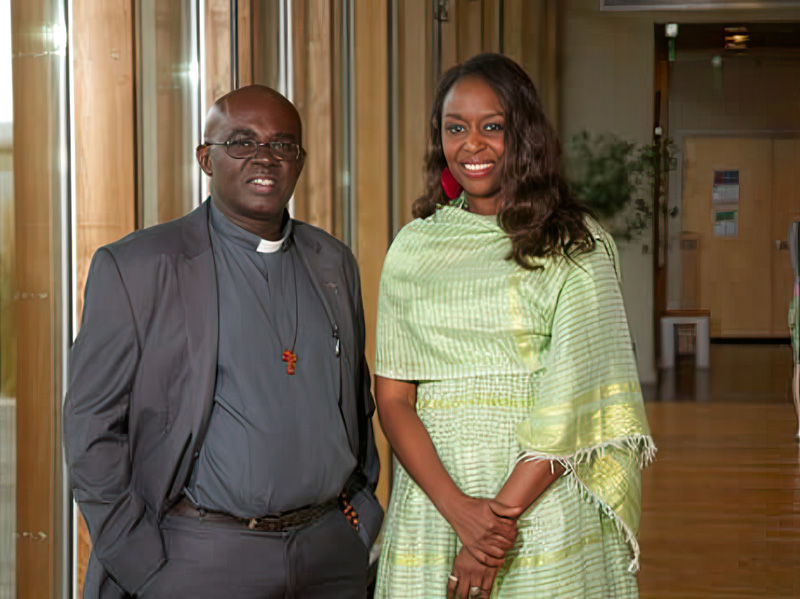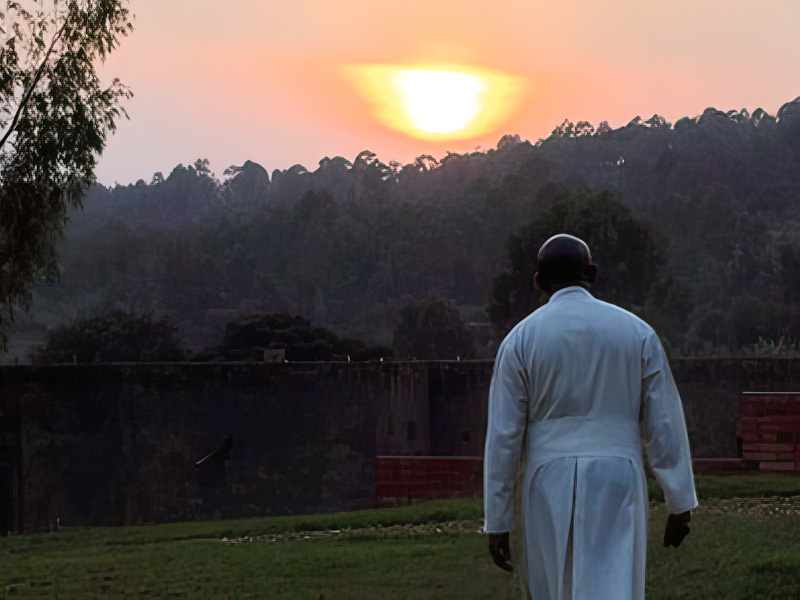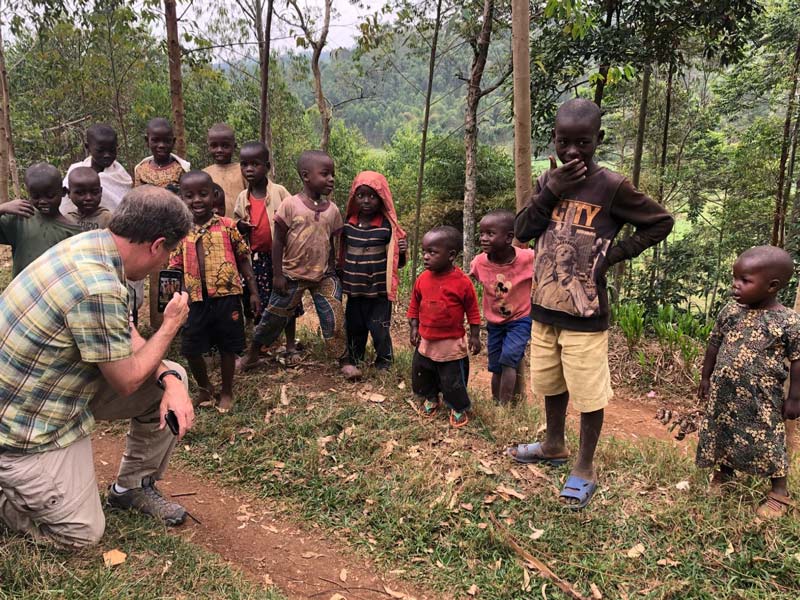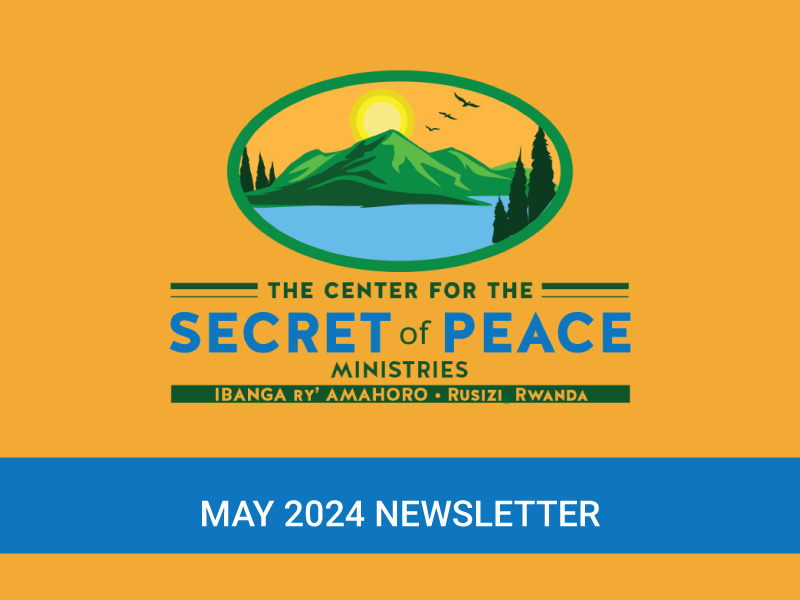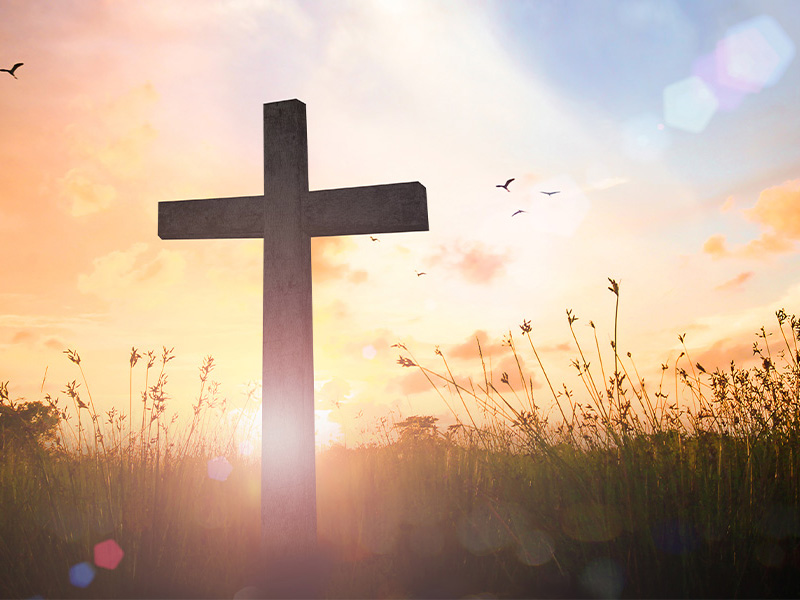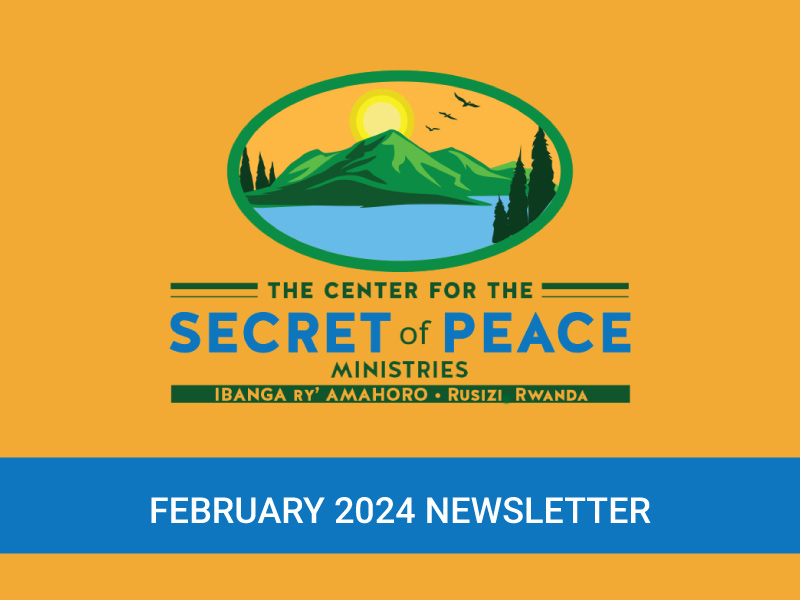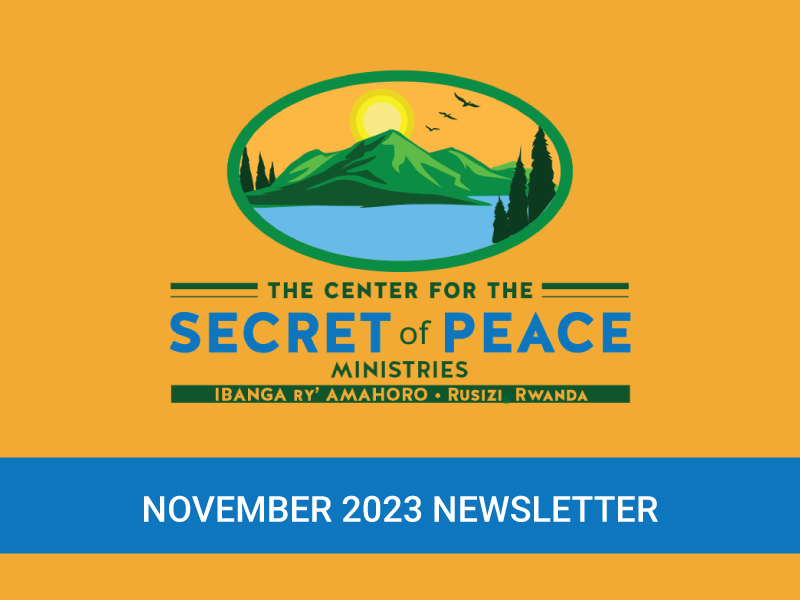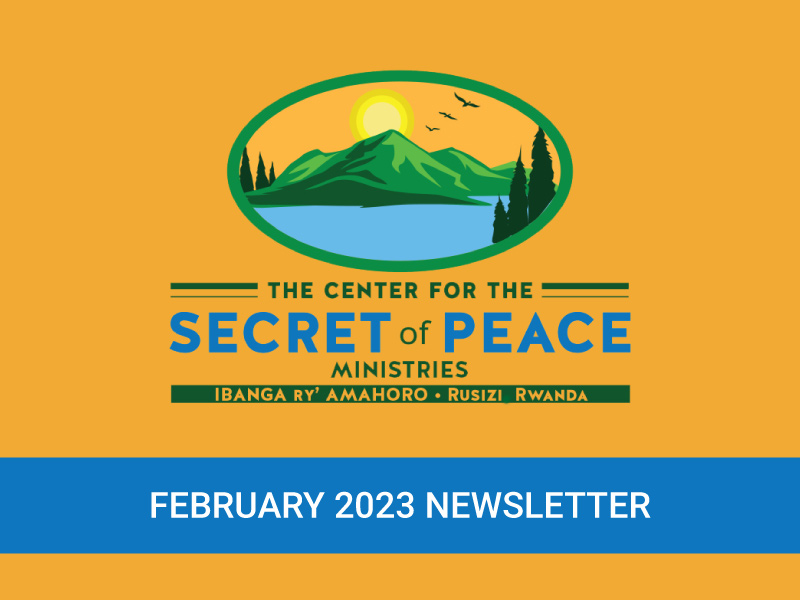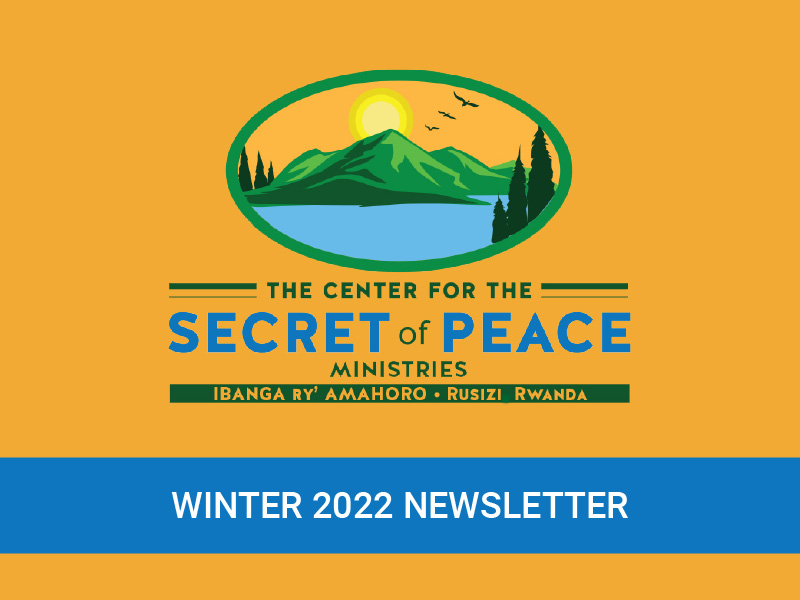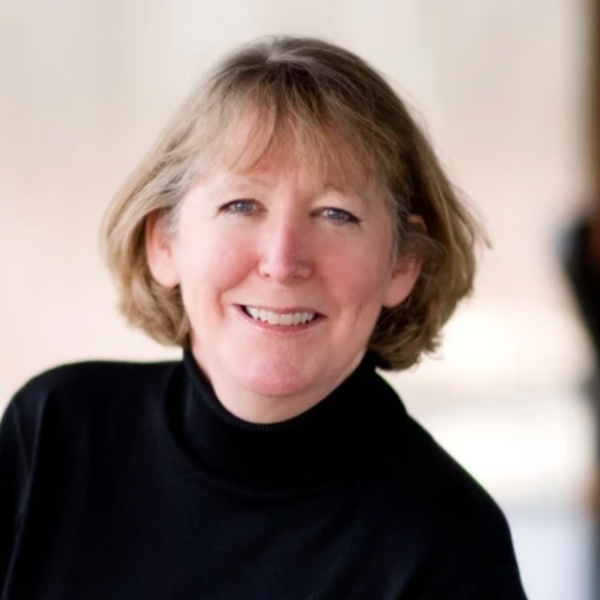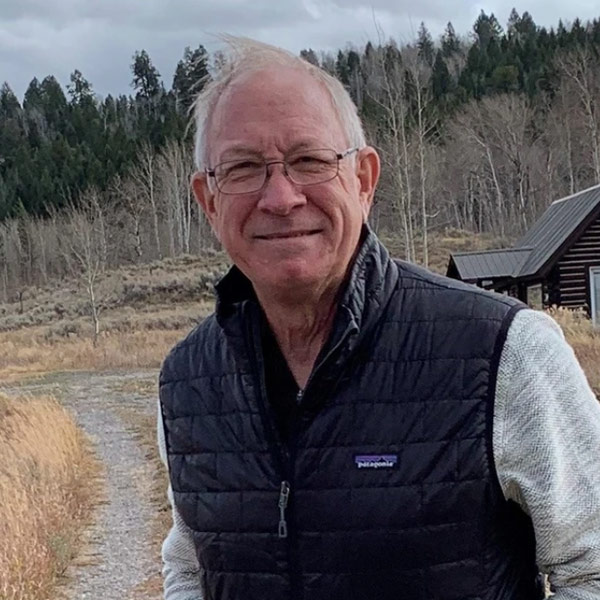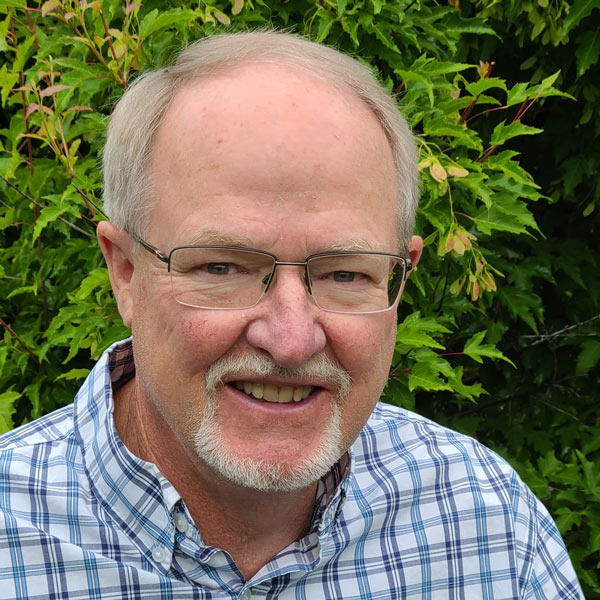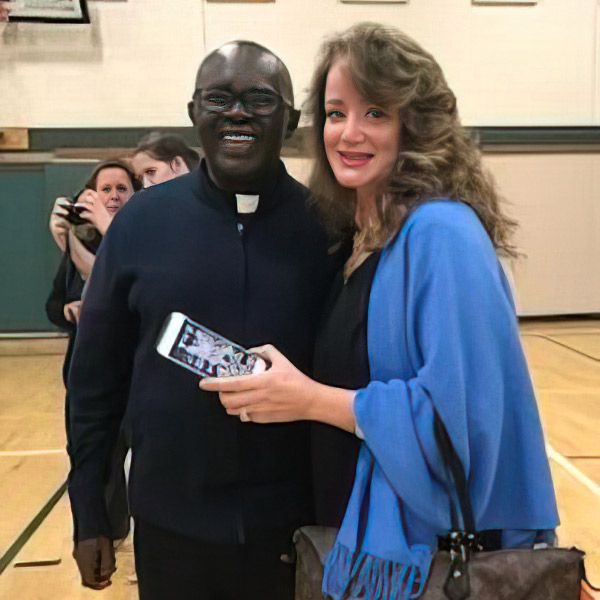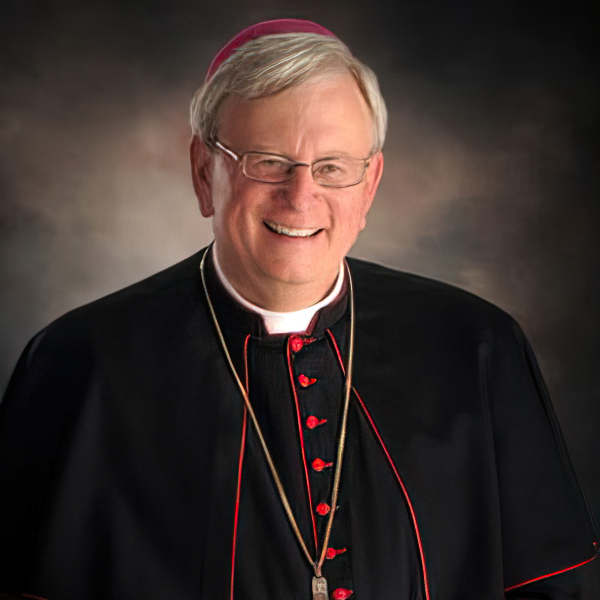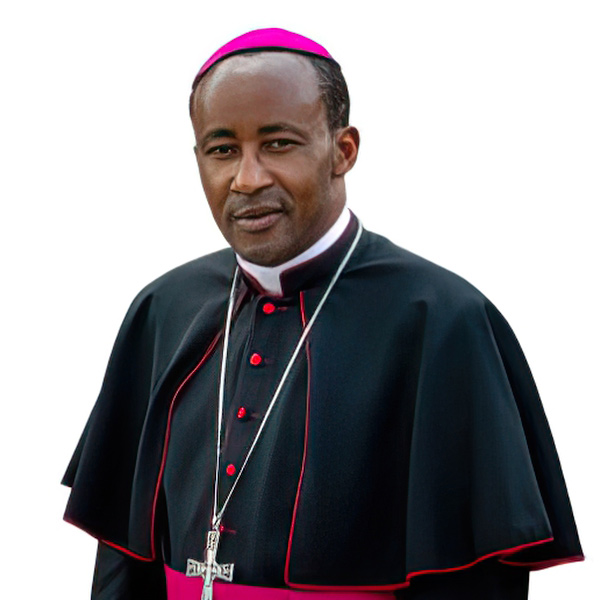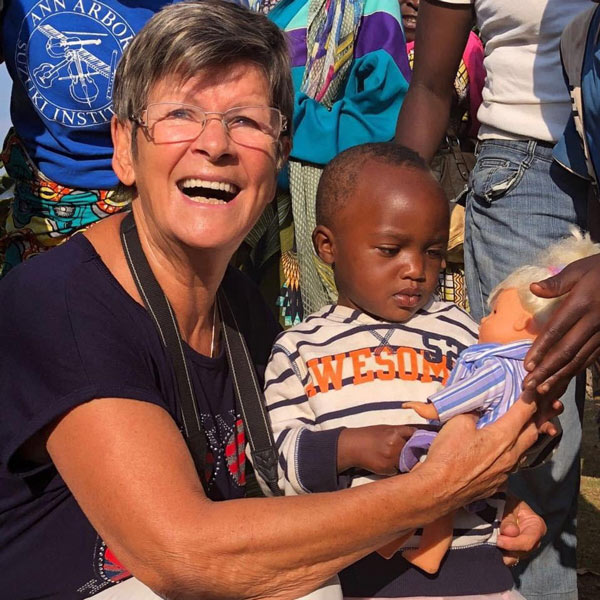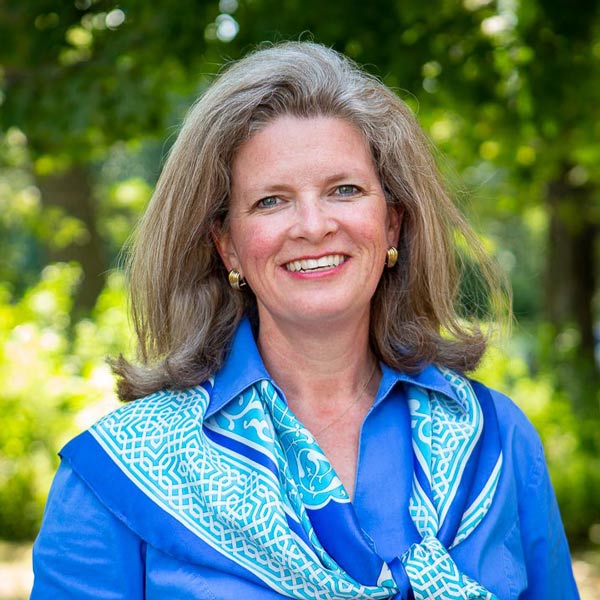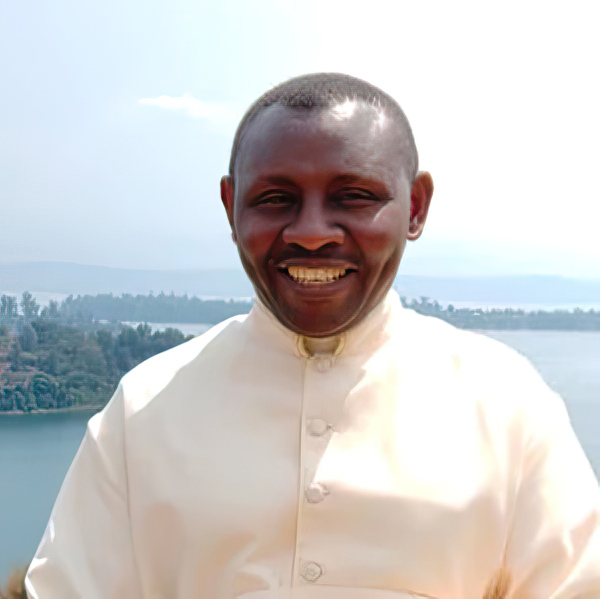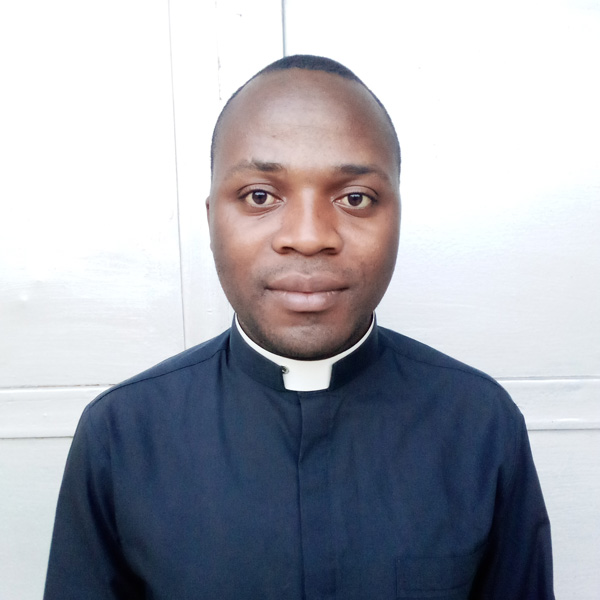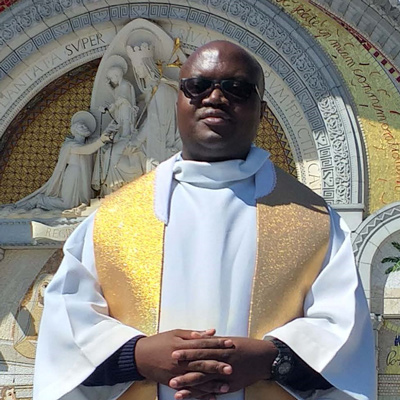Tanga Imbabazi
June 24, 2013Uburyo abakristu bababariranye
April 22, 2014Tanga Imbabazi
June 24, 2013Uburyo abakristu bababariranye
April 22, 2014The Mushaka Peace Program
Jubilee Feast at Mushaka Parish
Fr. Ubald Rugirangoga shares with you the great celebration of 50 years of Mushaka parish.
Forgiveness! The new discovered weapon to fight against violence in the world. 4th August 2013 Mushaka parish where I have been Pastor for 11 years celebrated 50 years of foundation. We have prepared for this great event for 3 years. One of the goals in those 3 years of preparation was to work intensely to help more people to forgive and beg pardon after the horror of the genocide committed against people from Tutsi ethnicity in Rwanda in 1994.
In order that these Christians are not considered hypocrites and liars, they had to ask or beg for forgiveness in order to re integrate back into the church.
Gacaca, Traditional court
Gacaca, traditional court in Rwanda has judged those who committed genocide against Tutsi ethnicity in Rwanda. The perpetrators of the genocide in traditional court accepted their guilt and revealed how they have killed people. It was really horrific, how Christians were able to kill their brothers and sisters in faith! To hate somebody, because of who he is, to kill him, is to be against God who created people. It was an abomination. The church must be the first to arise and be against that. So, as pastor of the parish, I rose up. After a meeting with the Parish council, it was concluded that Christians who were involved in the genocide against the Tutsi tribe had to stop receiving Holy Communion. They then had to receive catechesis instructions once a week for 6 months. With this decision Christians involved in the genocide against those of Tutsi ethnicity became more aware of their guilt. During their 6 months of study, after 3 months of catechesis, they take a break to go beg pardon in families where they have killed during the genocide.
This is an excellent experience of reconciliation. It deletes all kind of hypocrisy and is really the beginning of true healing because the victim and the offender are able to speak to one another about what happened. If there is a misunderstanding they look for a moderator in order to help them. The offender, who is no longer afraid or ashamed of the bad he did to the victim, begins to be merciful to him. Mercy is one of the keys used by the offender to open the closed heart of the victim after the horror. Merciful acts for the victim are very worthy. They prepare the victim to forgive.
Forgiveness:
After the perpetrator of the genocide meets his victim, the victim, accompanies his offender to the pastor of the parish. The victim then pleads for his offender to go ahead with catechesis in order to integrate once more into the church. After catechesis and begging pardon of the victim, the perpetrator must reintegrate into the church.
The pastor of the parish allows the perpetrator of the genocide to go ahead with catechesis after a test to them both, to be sure that they are sincere in their forgiveness. The pastor of the parish and his team members who helped with the catechesis gives the tests. The last lesson is for the victim and offender together. The victim also has to learn more about forgiveness. Both prepare for a great event of reconciliation.
Reconciliation:
The genocide against those from Tutsi ethnicity was committed without shame, the perpetrators were proud to kill. Those good Hutu Christians who watched as their fellow Hutus murdered, were humiliated to see them killing. They remained humiliated and traumatized until now. To these good Christians, seeing the killers begging pardon is a way of healing.
The feast of reconciliation is a healing for the society in general. It is not only for the victim and the offender to be healed but, also for all people from Hutu ethnicity. All killings during the genocide were done in the name of Hutu ethnicity; Therefore, even those good Christian Hutus who did not kill, have lived maimed by the name “Hutu” because of those who killed their brothers and sisters in faith. They were all baptized and belonged to the same church.
During the ceremony when the pastor prays for the perpetrators of the genocide, the victim lays his hands on the killer of his relatives and deeply prays for him. The entire congregation lays the hands as well on the killers and prays for them.
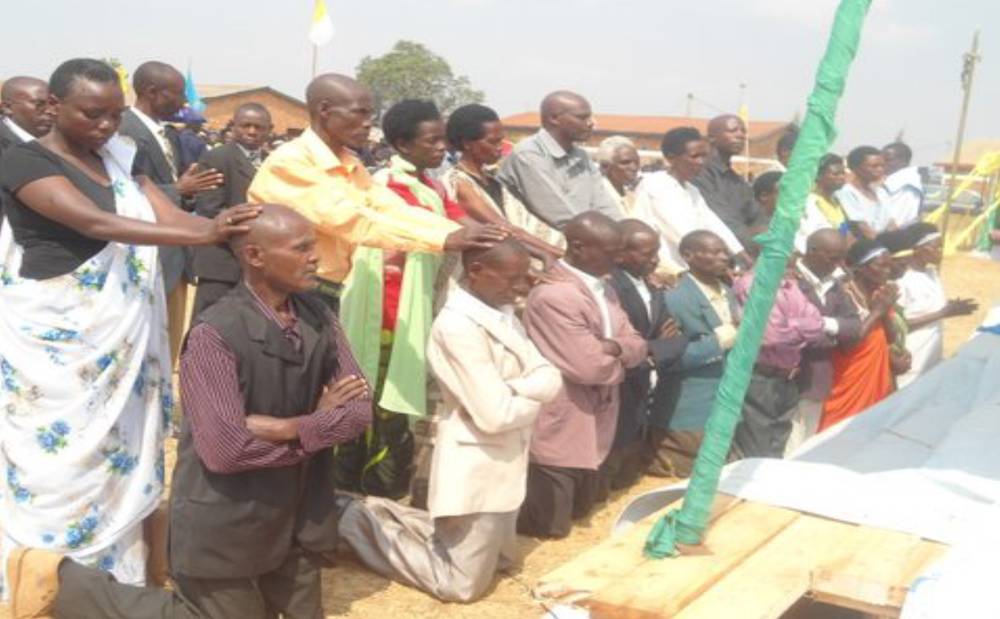
At this time the congregation becomes healed as well and the perpetrator of genocide is reintegrated into the church and recognized once more in his Christian community. This is an exciting event. The ceremony ends with a peace hug between the perpetrator of genocide and the victim.
At the 50th jubilee feast of the foundation of Mushaka parish, the 6th group of those who committed genocide against the people from Tutsi ethnicity in Mushaka parish were reintegrated into the church. For those invited to the jubilee feast, this was an occasion to witness that reconciliation is possible after the genocide against those from Tutsi ethnicity of Rwanda.
One of those invited to that feast was the First Lady of Rwanda, Mrs. Jeanette Kagame. During her speech to the congregation, she wished that the experience of reconciliation at Mushaka Parish would be spread all over the
country.
Those at Mushaka parish are now preparing a booklet of, the 6 months of catechesis lessons, which helped people to reconcile with one another after the genocide against the Tutsi. This booklet will help wherever there has been war and any other violence in the world. The perpetrators and victims of the Tutsi genocide are ready to help others in need of forgiveness by sharing the experiences of their new life with forgiveness.
Conflicts begin in the heart; they also end in the heart with forgiveness.
“Do not be conquered by evil but conquer evil with good” - Romans 12:21
“Forgiveness makes you free” - Fr. Ubald Rugirangoga

